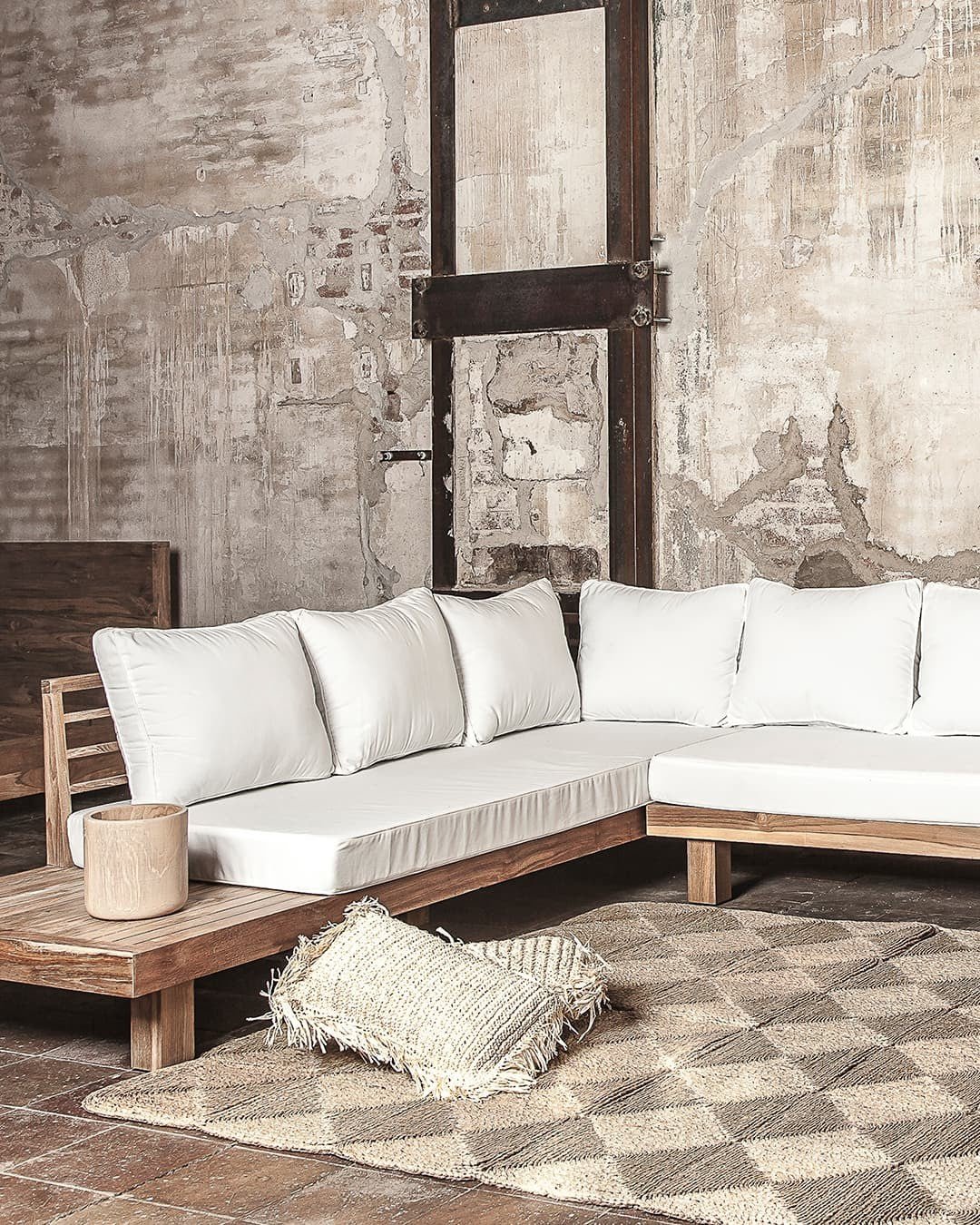
Choosing bamboo furniture can be a sustainable choice that helps reduce CO2 emissions and contributes to saving the world in several ways:
Choosing bamboo furniture can be a sustainable choice that helps reduce CO2 emissions and contributes to saving the world in several ways:
Rapid Renewable Resource: Bamboo is one of the fastest-growing plants on Earth, with some species growing up to 39 inches in a single day. This rapid growth allows for quick harvesting and replanting, making bamboo an easily renewable resource. Traditional hardwoods used in furniture production, such as oak or mahogany, take decades or even centuries to mature, leading to deforestation and increased carbon emissions.
Carbon Sequestration: Bamboo has a unique ability to sequester carbon dioxide (CO2) from the atmosphere as it grows. During the growth phase, bamboo absorbs more CO2 than is released during its manufacturing and transportation, making it a carbon-negative material. In contrast, the production of traditional furniture materials like steel and plastic generates substantial CO2 emissions.
Minimal Chemical Use: Bamboo can be grown without the extensive use of pesticides or fertilizers due to its natural resistance to pests and diseases. This reduces the environmental impact associated with chemical agriculture and minimizes the release of harmful substances into the environment.
Reduced Deforestation: By choosing bamboo furniture, you help reduce the demand for hardwoods sourced from vulnerable and biodiverse forests. This, in turn, helps combat deforestation, which is a significant driver of carbon emissions and loss of biodiversity.
Energy Efficiency: Bamboo furniture production typically requires less energy compared to the manufacturing of furniture from other materials. This translates to lower CO2 emissions during the manufacturing process.
Durable and Long-lasting: High-quality bamboo furniture is known for its durability and longevity. Investing in bamboo furniture means fewer replacements over time, which conserves resources and reduces the overall environmental footprint.
Sustainable Harvesting Practices: Many bamboo furniture manufacturers prioritize sustainable harvesting practices, ensuring that bamboo is harvested responsibly and that ecosystems are protected.
Biodegradable and Eco-friendly: Bamboo is biodegradable and can be composted at the end of its life cycle, minimizing the environmental impact of disposal.
Support for Sustainable Economies: By choosing bamboo furniture, you support the livelihoods of communities involved in bamboo cultivation and production, often in developing countries. This can help create more sustainable economies and reduce the reliance on environmentally harmful industries.
In conclusion, opting for bamboo furniture is a practical way to reduce CO2 emissions, combat deforestation, and support sustainable practices. Making eco-conscious choices like this can collectively contribute to saving the world from the adverse effects of climate change and environmental degradation.




Leave a comment
This site is protected by hCaptcha and the hCaptcha Privacy Policy and Terms of Service apply.